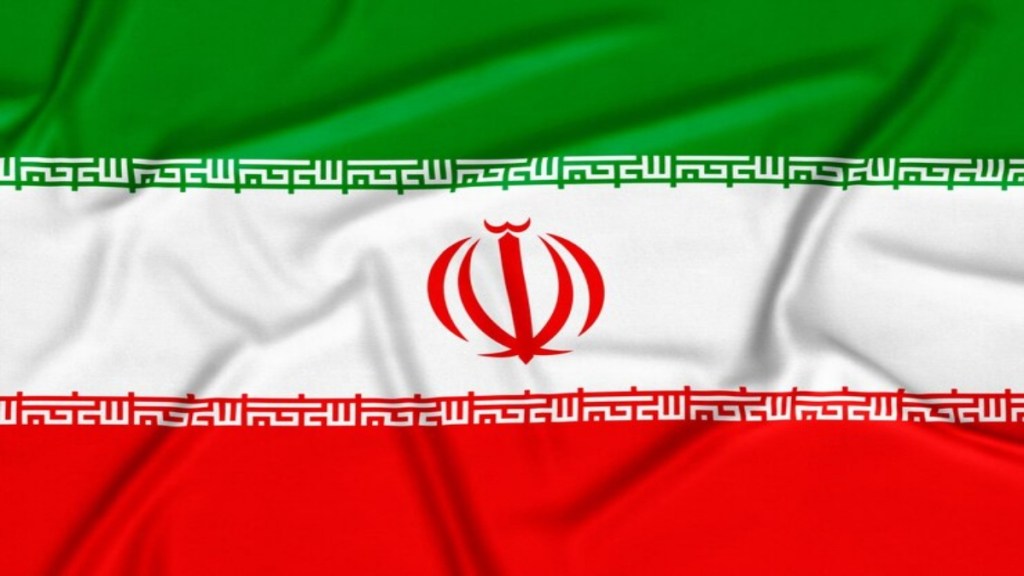By Prabhat Jawla
The Islamic Republic of Iran commemorated the 45th anniversary of the 1979 Revolution, and things are not looking cogent for the ruling revolutionary regime. From the previous year, the domestic instability, to be read in simple law and order situations, has improved. However, the more significant domestic problems linger, while on the external front, a more volatile situation unfolds with foreign misadventures. Four observations in this regard sums up Iran at this notable juncture:
First, the enduring economic and social challenges are vexing. Although the domestic tumult sparked by the Mahsa Amini protests has subsided, it remains unresolved. The low-intensity protests persist in certain provinces, predominantly in provinces with major Baloch and Kurdish populations. The root causes of the unrest, namely a dearth of economic opportunities and societal constraints, continue to fuel public resentment. Concurrently, authoritarian repression has increased, exemplified by a surge in executions reaching the highest levels in the past seven years. Despite the political amnesty extended to protestors on the eve of last year, it has done little to restore public faith or mend the fraying social fabric of Iranian society.
Secondly, Iran’s foreign relations have become increasingly polarized, marked by a closer alignment with Russia and China, while distancing itself from other nations. This shift can be attributed in part to existing sanctions, but Iran’s contentious foreign policy decisions have emerged as a significant critical factor. The longstanding dictum of Neither East Nor West no longer characterizes Iran’s foreign policy.
Despite the passing of another year of the Biden administration, the restoration of the JCPOA remains elusive. As the former President Trump takes a formidable lead in the race, positioning himself as the almost certain Republican candidate against the incumbent President Biden, who grapples with notable approval ratings, the potential return of Donald Trump would require serious policy rethinking by the regime.
Yet, despite the prevailing challenges, a few notable achievements have transpired. Most notably, the Saudi-Iran rapprochement has culminated in the establishment of full diplomatic relations. Iran’s inclusion in the BRICS grouping also stands out as a noteworthy accomplishment. The partnership with Russia has evolved into a crucial alliance marked by unprecedented diversification. However, its foundation remains contingent on the ongoing conflict in Ukraine and an explicit anti-West attitude. Conversely, relations with countries like India have remained taciturn, yielding little tangible outcomes.
Thirdly, a new and precarious situation is unfolding in Iran’s neighbourhood, marked by escalating hostility and acrimony. Relations with Iraq have been strained for the past couple of years, as Iran has continued missile strikes on Iraqi territory in efforts to root out alleged Mossad presence, particularly in the Kurdish region of Iraq. The recent unprecedented escalation, involving missile strikes against Iraq, Syria, and Pakistan in less than a week, has further intensified an already tense situation.
Furthermore, relations with Afghanistan provide no cause for delight, with multiple clashes occurring across the border, particularly concerning issues related to river water sharing and refugee inflows. The once-domestic issue of terrorism has now acquired a more volatile and external dimension. Iran, resorting to pre-emptive strikes against groups it deems as seeking refuge in neighbouring countries, finds itself in the paradoxical position of violating the sovereignty and territorial integrity of its neighbours. This irony is particularly striking as Iran levels similar accusations against the US for its war on terror, which pursued pre-emptive actions outside its territories.
Fourthly, tensions with Israel have reached an all-time high in the aftermath of the 7 October massacre. The support for Hamas has been used by the regime as a legitimizing force, attempting to rally the Iranian public under a common cause. However, this strategy falls short, as a visible section of Iranians appears less inclined to appreciate or celebrate the 7 October massacre. Instances of Iranian authorities placing Israeli and American flags on the floor, avoided by the public to prevent stepping on them, highlight a stark difference in how the regime and the public viewed the event.
In recent months, the regime has intensified virulent anti-Semitic statements, pledging support to both Hamas and Hezbollah. Despite Hezbollah’s chief expressing a reluctance to wage war on Israel, the group feels compelled to carry out these actions to maintain its image as an ardent supporter of the Palestinian liberation cause. Meanwhile, Iran’s support for the Houthis has disrupted international supply routes. The backing of these groups, even indirectly, has created a volatile environment where Tehran’s plausible deniability becomes less convincing as both Iran and its proxy groups openly affirm mutual support.
As Iran approaches the upcoming Parliamentary elections in a few weeks, the prospect of witnessing miracles is exceedingly unlikely. The electoral landscape is once again overtly rigged, and any possibility of miracles or the much-demanded change needs to be discounted. Despite the urgent need for reform and acknowledgement of the ailments of the Revolution, the regime appears steadfast and unwilling to budge. Instead of introspection, there is a discernible trend towards a more aggressive and confrontational foreign policy that adheres to my way or the highway approach in dealing with its neighbours.
The author is Doctoral Candidate, Centre for West Asian Studies, Jawaharlal Nehru University, New Delhi.
Disclaimer: Views expressed are personal and do not reflect the official position or policy of Financial Express Online. Reproducing this content without permission is prohibited.

